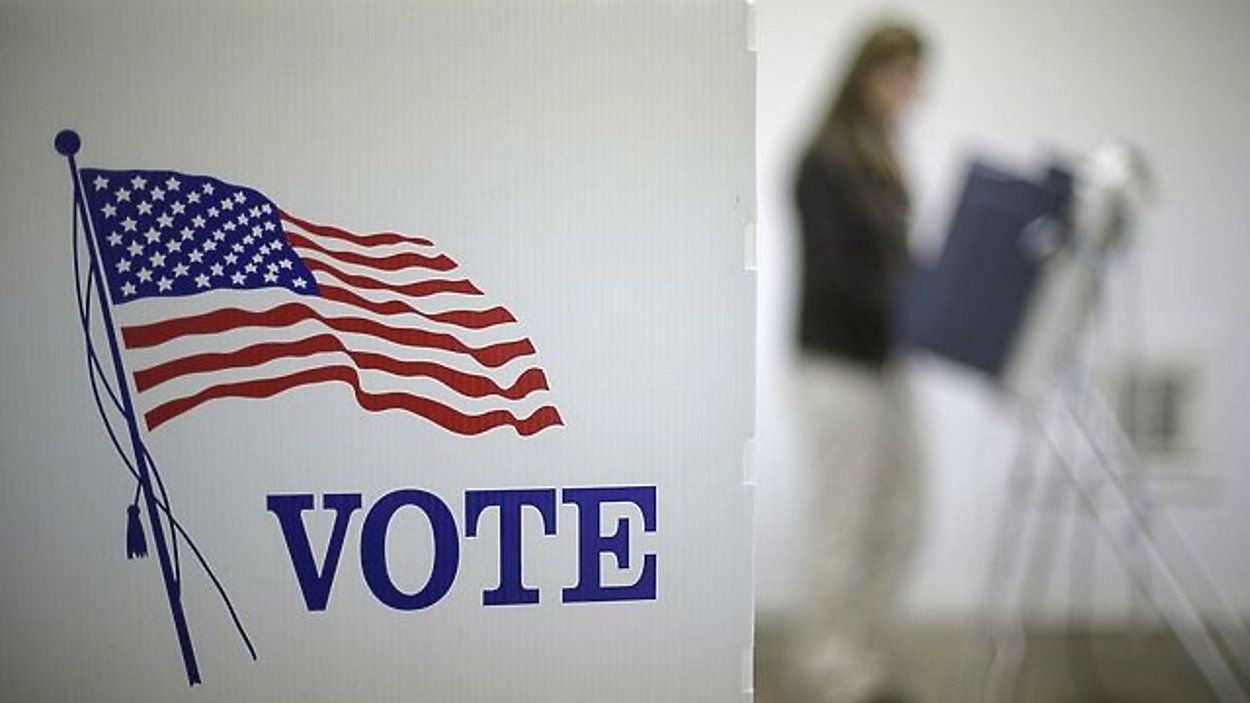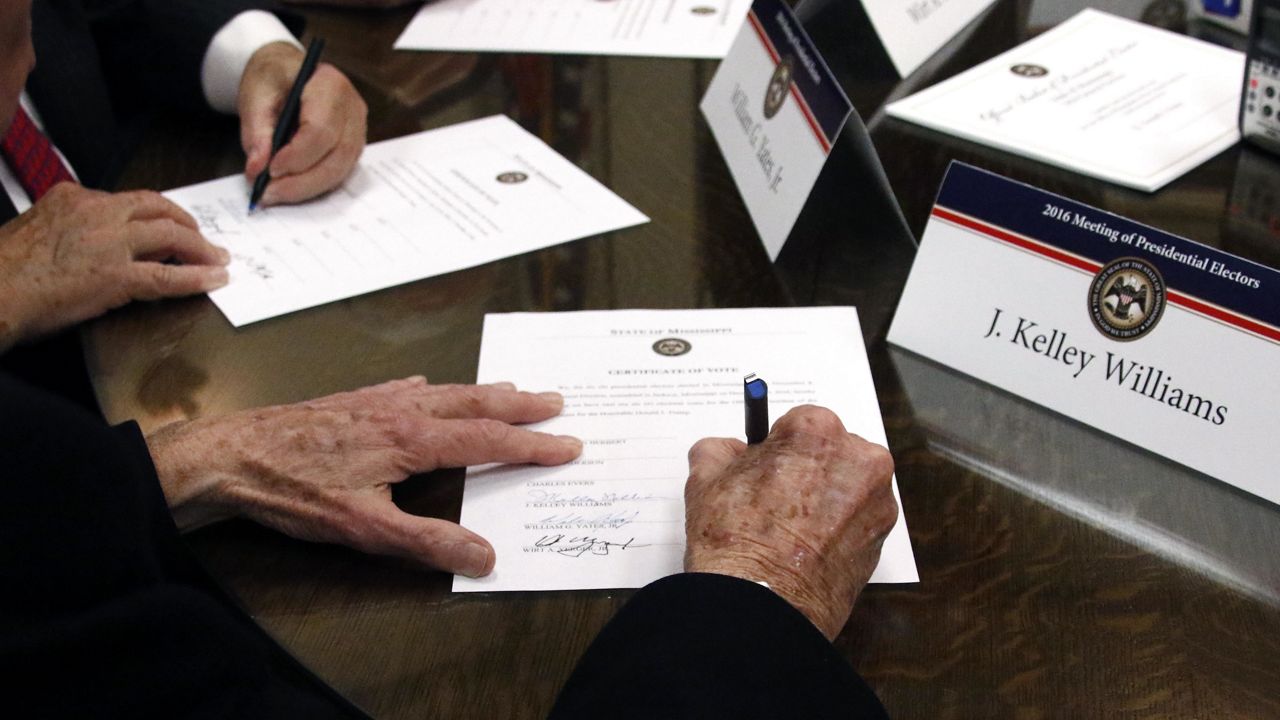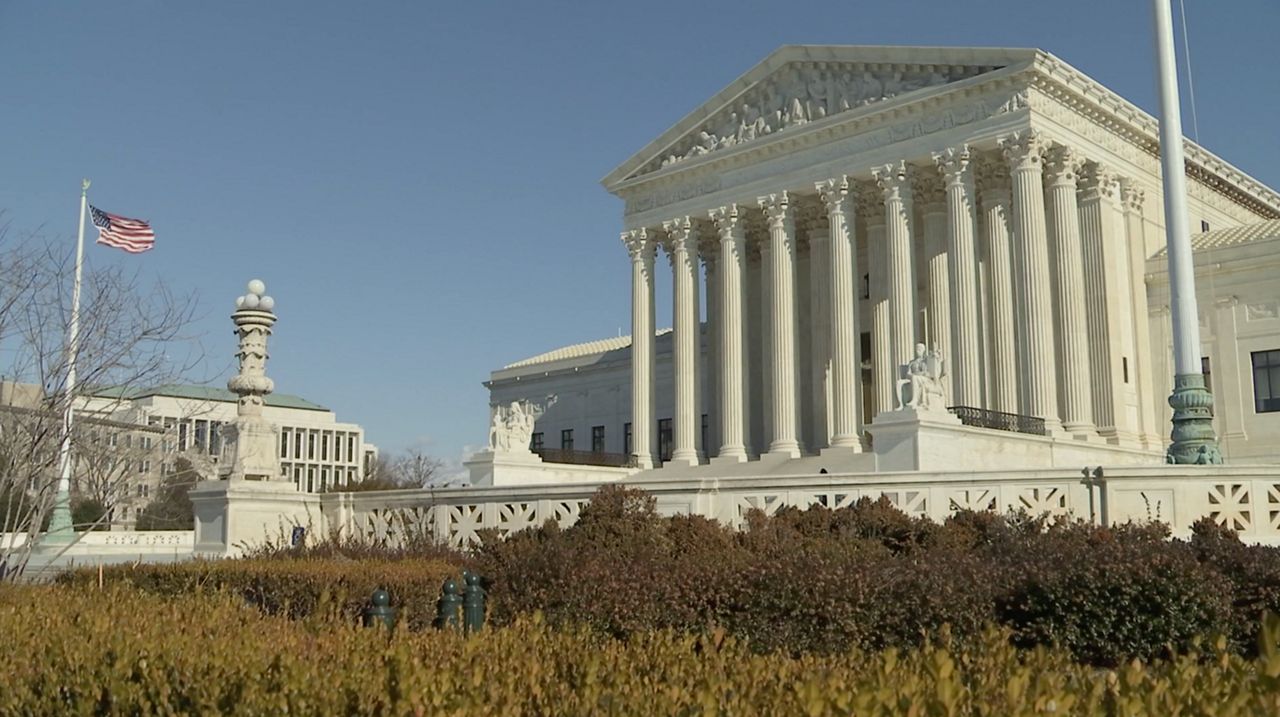Brunswick County, along the coast in the southeast corner of North Carolina, has seen more than double the number of absentee ballot requests so far this year compared to 2016, elections officials said.
Brunswick elections director Sara Knott said they’ve received about 3,500 applications for absentee ballots so far. In 2016 the county had a total of 2,500 absentee ballots cast in the presidential election.
“We are definitely seeing an influx,” Knott said, “We kind of had to back up and punt.” She said the county normally hires temporary workers closer to the election to help out, but they’ve already added two new temps to help with all the data entry.
Across the state, counties have reported 114,408 applications for absentee ballots, according to state data updated Friday that includes all but five counties. That’s up from 19,795 for the same day in 2016, according to Catawba College politics professor Michael Bitzer.
“This year is going to be a fundamental reshaping of how North Carolinians cast their ballots,” said Bitzer, a longtime North Carolina political scientist and analyst who helps run the site Old North State Politics.
Officials in North Carolina and around the country have been preparing to make sure voters can safely cast their ballots during the coronavirus pandemic. Many officials are pushing absentee or mail-in ballots to make sure people are not crowding in polling places during what is guaranteed to be a big election.
Many in the Republican Party, including President Donald Trump, have said that mail-in voting could lead to election fraud. But elections officials say that’s not true.
In a statement Friday, the North Carolina State Board of Elections said, “Across North Carolina, election officials have worked for many months to ensure accessible, safe and accurate elections in 2020, despite the COVID-19 pandemic.”
State elections officials say there are layers of checks built into the system to make sure the vote is fair and accurate.
“Many people are watching North Carolina’s absentee voting process, including candidates, political parties, county boards of elections, political and data scientists and the media. If there are anomalies or questionable activities, they will be reported to election officials”
The board said they also have a team of investigators to look into voter fraud allegations, and the board conducts audits after each election to look for any inconsistencies.
Addressing election fraud and absentee ballots, Bitzer said that five states that vote entirely by mail, Colorado, Hawaii, Oregon, Washington and Utah, have had no issues with voter fraud. “This controversy that is promoted by the president has no factual basis,” he said.
The only example of fraud with absentee ballots is from allegations of vote rigging in favor of the Republican candidate in North Carolina’s 9th District race, Bitzer said. A GOP operative is facing charges for perjury and obstruction in that case.
Projections show that as many as 40% of voters could vote absentee in the presidential election this year, Bitzer said. “We’ve never seen anything like that,” he said.
A recent survey found that 48% of likely voters in North Carolina said they were “likely to vote by mail” in the 2020 General Election. That’s compared to 3% in the 2016 election, according to The COVID-19 Consortium for Understanding, a group of researchers from Harvard, Northeastern, Northwestern and Rutgers university.
“We definitely have never seen this volume this early,” Wake County elections director Gary Sims said. State data shows almost 20,000 people have requested absentee ballots so far in Wake County, the highest number in the state.
He said the Wake County Board of Elections is already having employees work overtime to process all the requests.
Wake is lucky, Sims said, to have a large secure facility to start receiving mail-in ballots when voters start submitting them. “We’re ramping up bipartisan teams to work on the ballots coming in,” he said.
In both Wake and Brunswick counties, elections officials say they are already seeing groups from the left and the right mailing absentee ballot applications to voters.
The elections board will start meeting five weeks before the election and can start processing ballots.
Bitzer said, “Ballots can be processed but not officially tabulated until election day.”
“Counties will be able to handle the initial onslaught unless there’s a spike in the days before the election,” he said.
The deadline to request an absentee ballot is Oct. 27, one week before the Nov. 3 General Election. If county officials get a spike in the days leading up to Election Day, they could end up with a backlog, Bitzer said.
Kopp, director of the Brunswick County Board of Elections, said the county board plans to have ballots ready to tabulate on election day. “Trying to scan all those ballots on election day is a lot of work,” she said.
Kopp said she is telling voters to not wait until right before the election to request an absentee ballot.
She said voters can request a ballot, but still decide to vote in person as long as they don’t submit the absentee ballot.
For his part, Wake County’s Sims said that with all the distractions with the coronavirus, he hopes people will not forget the basics of registering to vote and updating their addresses before the deadline passes.









